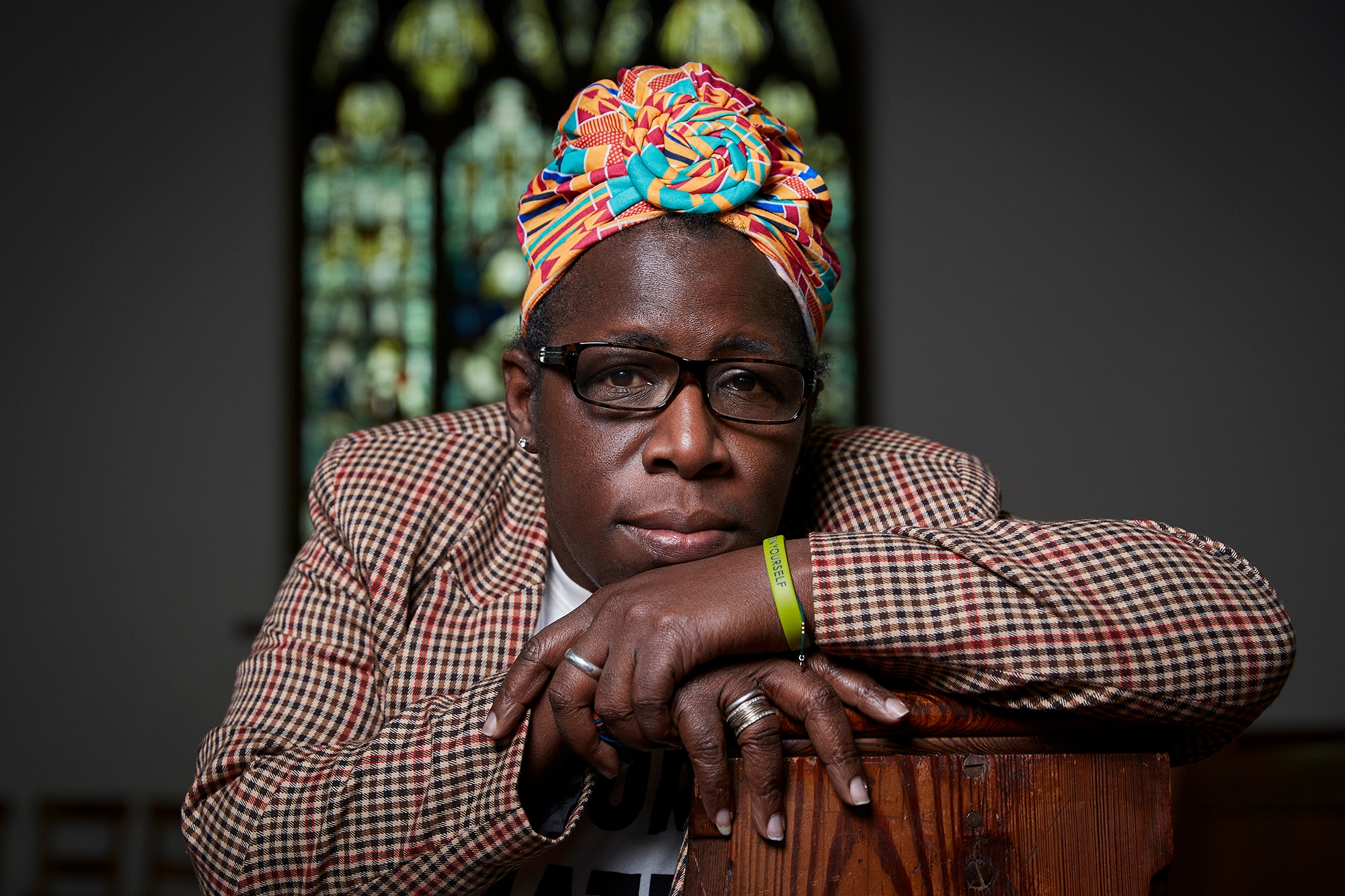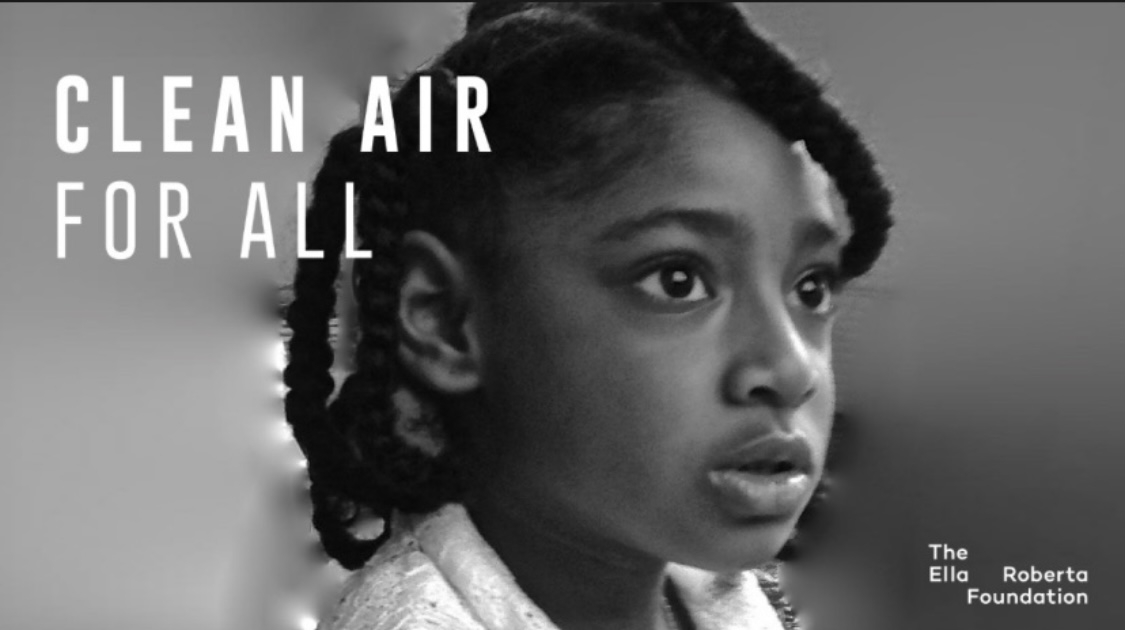RESPONSE TO AIR QUALITY TARGETS

Copyright: Richard Maidment
Founder of the Ella Roberta Foundation, Rosamund Adoo Kissi Debrah, has criticised the Government’s low ambition in air quality target setting; “These unambitious targets, that do not need to be reached for another 18 years, condemn another generation of children to breathe dirty air,” she said.
She called for:
- More ambitious air quality guidelines, tied to the 2021 WHO Guidelines.
- A broader scope of pollutants to be included in the Environment Act, not just PM2.5.
- Prioritising hotspots to reduce inequalities in exposure to air pollution.
- A better consultation that properly informs the public of the health effects of air pollution.
“I am responding to this public consultation in my personal capacity as a mother of three children, one of whom tragically had her life cut short because of air pollution,” she said. In December 2020, a coroner’s inquest concluded that air pollution exposure was a medical cause of her daughter Ella’s death. The Coroner’s official Record of Inquest states that ‘air pollution was a significant contributory factor to both the induction and exacerbations’ of Ella’s asthma, that ‘she was exposed to levels of Nitrogen Dioxide (NO2) and Particulate Matter (PM) in excess of World Health Organization (WHO) Guidelines’, and that ‘the principal source of her exposure was traffic emissions’.
In her response to the Government’s public consultation, Rosamund highlighted the Coroner’s Prevention of Future Deaths Report, completed after the Coroner’s inquest into her daughter’s death. The report makes clear that national air pollution targets that are in line with WHO Guidelines would significantly reduce the number of deaths from air pollution in the UK.
The Government’s ambition of reaching WHO Guidelines set in 2005, by 2040, is too low, and she suggests that the interim target for a PM2.5 concentration target of 10 μg m-3 should be achieved by 2030, with a longer-term target of 5 μg m-3 to be achieved by 2040.
Rather than using the 2021 Environment Act to show leadership, they are proposing a concentration target for PM2.5 that is less ambitious than what has already been legislated in other developed economies. Scotland, Australia and Canada already have legislated limits for PM2.5 that are equivalent to, or lower than, what the UK is proposing to meet in 18 years’ time.
The lack of ambition is also evident in the narrow scope of the consultation. There is strong scientific evidence that PM2.5 poses significant risks to human health, however there are other important pollutants that also pose significant health risks and which are not mentioned in the public consultation. PM10 and NO2 are two pollutants that are major components of the traffic emissions that her daughter Ella was exposed to – legal limits and WHO Guidelines levels for these pollutants are at times being exceeded in areas of the UK.
The Government could have used this opportunity to bring forward targets under the Environment Act for pollutants other than PM2.5, but they have not done so – and no justification for not doing this has been provided. In fact it is not clear how, or when, legal limits for pollutants other than PM2.5 will be revised now that the UK’s air quality standard setting is no longer embedded within the EU regulatory framework. There are very serious concerns that air quality regulation in the UK is no longer fit for purpose, and this will ultimately put lives and livelihoods in jeopardy.
Aside from the lack of ambition of the targets, there is also a concern that inequalities in exposure to air pollution will remain, with people in deprived neighbourhoods remaining significantly more exposed to health impacts than more affluent communities. Reducing pollution hotspots and areas that are disproportionately affected should be a priority.
Finally, the reason the Government should reconsider its level of ambition is that the process for setting the air quality targets has been rushed, non-transparent and marred by unacceptable delay in the release of the Impact Assessment and Detailed Evidence Report. The length, technical language and lack of meaningful detail in these documents make them completely impenetrable and do not enable the general public to engage with this consultation in an informed way.


